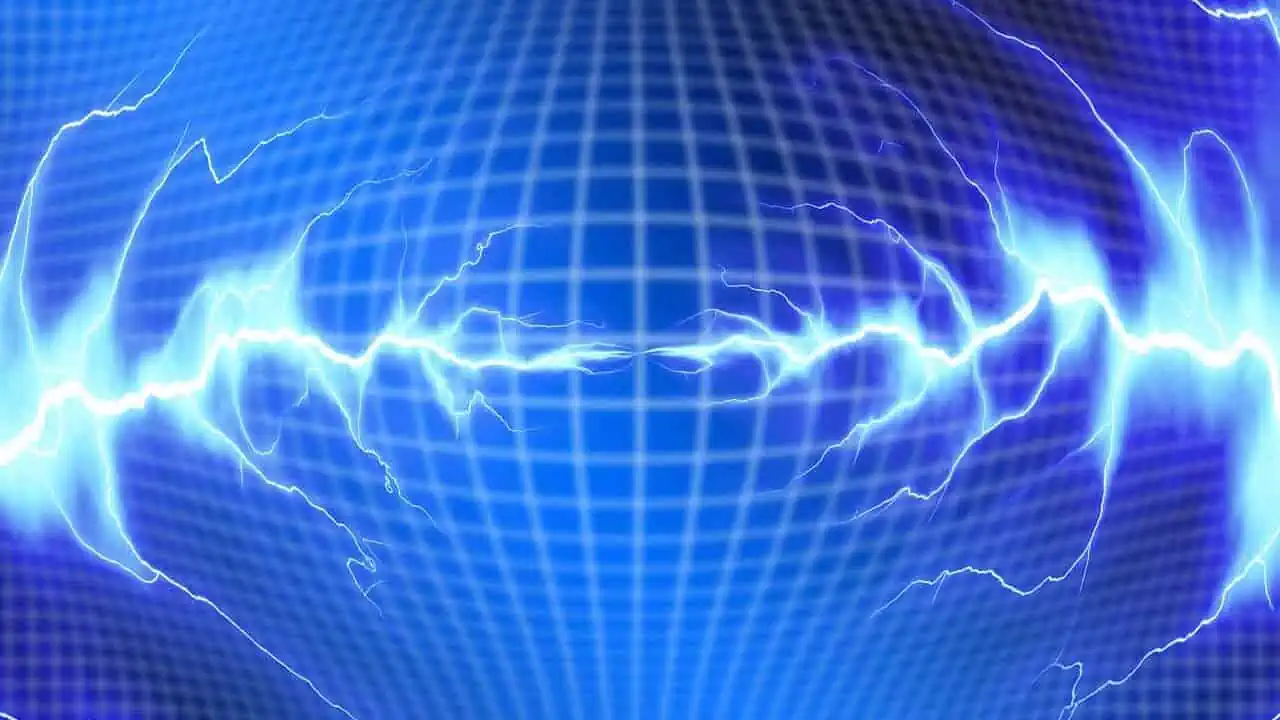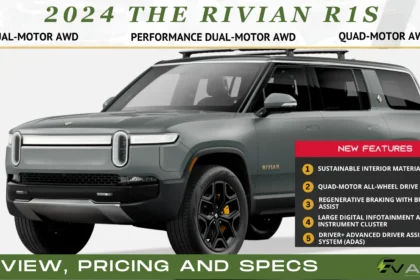The adoption of electric vehicles continues advancing as the government and automakers keep promoting the technology. True enough, its market share constantly grows annually from just 4% in 2020 to a notable 14% in 2022, CNBC reported.
However, some customers remain skeptical about joining the shift due to the lack of charging infrastructure in the region.
In response, several companies have explored an innovative approach to charging EV batteries, widely known as wireless charging roads.
What is in-road wireless charging tech?
The concept behind in-road wireless charging technology is basically just inductive charging. According to ATechDaily, Nikola Tesla initially discovered this technology in 1890 through wirelessly powering lightbulbs.
Since then, inductive charging has emerged in various applications, from smartphones to electric vehicles.
According to the report, developing an in-road wireless charging system requires plates of copper to receive energy from inverters embedded in the road. The vehicle will also need similar copper plates to receive the power from the road’s charged copper plates.
Notably, the two electromagnetic fields’ interaction generates electricity (vehicle and the road) as the vehicle drives over the road’s charged strips.
Electreon’s role in advancing the technology
Israeli wireless charging company Electreon has already launched multiple pilot programs and case studies across Sweden, Italy, and Norway, among others, as it aims to explore in-road wireless charging systems for electric vehicles.
“This is really an approach that can charge vehicles in any type of shape, meaning vehicles that are both buses or vans or passenger cars or trucks — but it can also charge a vehicle while either driving or while standing still.”
Stefan Tongur, Electreon US Business Development VP, told CNBC
Its $10.5 million Swedish project links the Visby town to the airport. The Swedish Transport Administration largely funds it.
Apart from that, the company is also developing the first-ever electrified road project in Detroit. It will apparently begin construction as early as 2024.
“We really are looking hard within this pilot project to look at the different use cases that are out there. There are use cases for freight, transit, but then also passenger vehicles.”
Michele Mueller, Michigan DOT’s senior project manager of connected and automated vehicles, told CNBC
Benefits
Electrified roads can significantly revolutionize public transportation and fleet vehicles that routinely take the same routes.
For instance, wireless charging can enable buses to have sufficient power to last the whole day of operation.
“We don’t view 100% of roads being electrified, but we definitely see this technology being viable… financially and also essential in rural areas where we might not have a lot of charging stations or we have what we call charging deserts.”
Nadia Gkritza, Purdue University’s civil and biological engineering professor
See Also:
- Ford to develop an in-road wireless charging technology for its electric models
- Toyota seeks wireless charging tech with new partners
- Can I charge my EV wirelessly?
- On-the-Go Wireless EV Charging is arriving at the PA Turnpike
- Research on power storage in wireless charging Highways
Despite the significant advancement in in-road wireless charging systems, challenges remain to its full undertaking. These challenges include the cost of reconstructing and equipping the existing roads with the technology. It will also raise an issue about monitoring and payment systems, as it will be hard to determine how to bill road users for the electricity they consume while driving.






